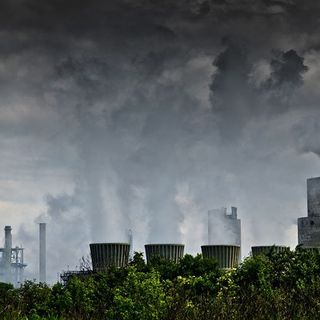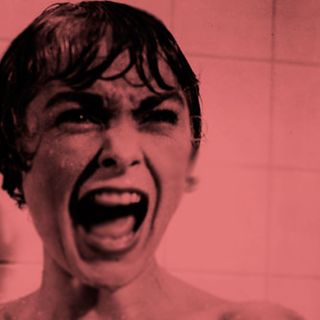According to a 2016 study, 80% of black men, 79% of Asian men and 75% of south Asian men said they experienced racism on the gay dating scene, The Guardian reported.
But until recently, there was no way to measure how this racialized sexual discrimination — also known as sexual racism — impacted the well-being of gay and bisexual men of color using mobile apps and dating websites to search for sexual and romantic partners.
Racialized sexual discrimination, broadly speaking, refers to the exclusion or conversely, fetishization of certain racial groups over another. It is a phenomenon that explores the overlap between racial and gender stereotypes, and its consequences on interracial dating. This, say, researchers, is a relatively new area of study which explains the need to measure its psychological impact.
To this end, Ryan Wade, an assistant professor in the School of Social Work at the University of Illinois, and Gary Harper, a professor of health behavior and health education at the University of Michigan, developed a scale to assess these consequences of racism.
Upon administering a survey that incorporated this scale, Wade and Harper found that racialized sexual discrimination negatively impacted the self-esteem and overall psychological health of racial and ethnic minorities in addition to instigating feelings of shame, humiliation, and inferiority.
About 2,000 young gay and bisexual black men between ages 18 and 29 participated in the survey and answered questions on their experiences of racialized sexual discrimination. These were then classified into four categories, namely, exclusion, rejection, degradation and erotic objectification.
“[Racialized sexual discrimination] perpetrated by in-group members – people of their same race – came up as a major point in our focus group discussions,” Wade said in a press release. “Participants discussed how being discriminated against by people of their own racial or ethnic group hurt in a unique way, so we wanted to account for that too when developing the scale.”
Related on The Swaddle:
What People Get Wrong About Bisexuality
Along with finding the psychological effects of racialized sexual discrimination, the researchers noted that such discrimination happened much less when men met their prospective partners in person. But it occurred in multiple ways in online communities. “These include prominent statements in users’ online profiles that express inclusionary or exclusionary racial preferences for potential partners,” stated the press release.
The researchers also observed that a majority of people expressing these race-based preferences were usually white.
“However, the degree to which racial and ethnic minorities perceive race-based partner selection as racist gets overshadowed by these personal preference narratives,” Wade said in the press release.
According to Wade and Harper’s study, “whiteness is the hallmark of desirability for some participants in these networks,” and they describe this “race-based partner selection as the new face of racism in online sexual and dating networks of gay/bisexual men.”
Besides color-based preferences, the researchers also noted racialized sexual discrimination emerging in statements that reject, erotically objectify, or belittle men of color.
The development of this scale has come at a time when most research on young black gay or bisexual men, say the authors, has been done on how racism impacts their sexual health with a large part focusing on HIV. With this scale and research, it might help explain how racism impacts this demographic’s psychosocial functioning as well.




